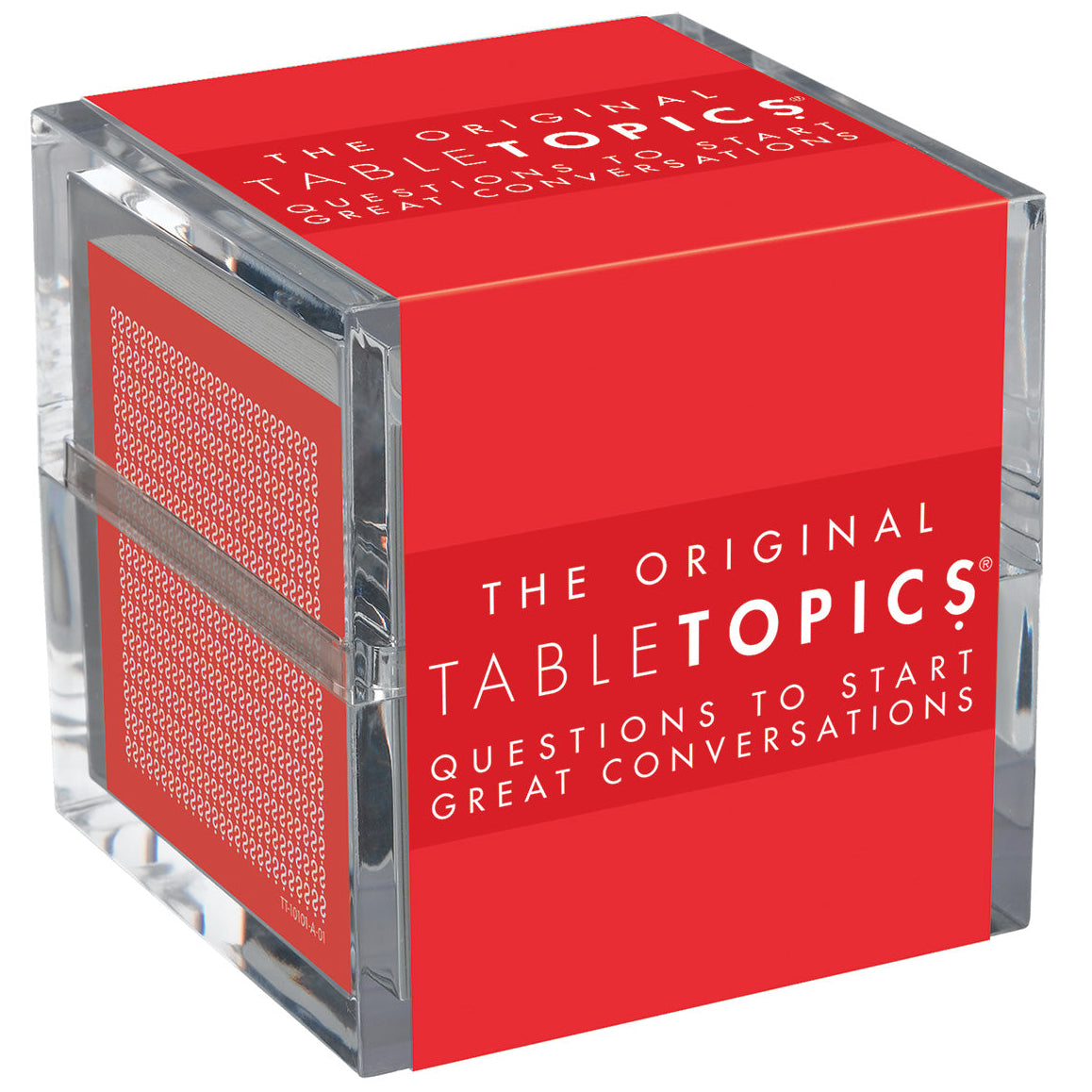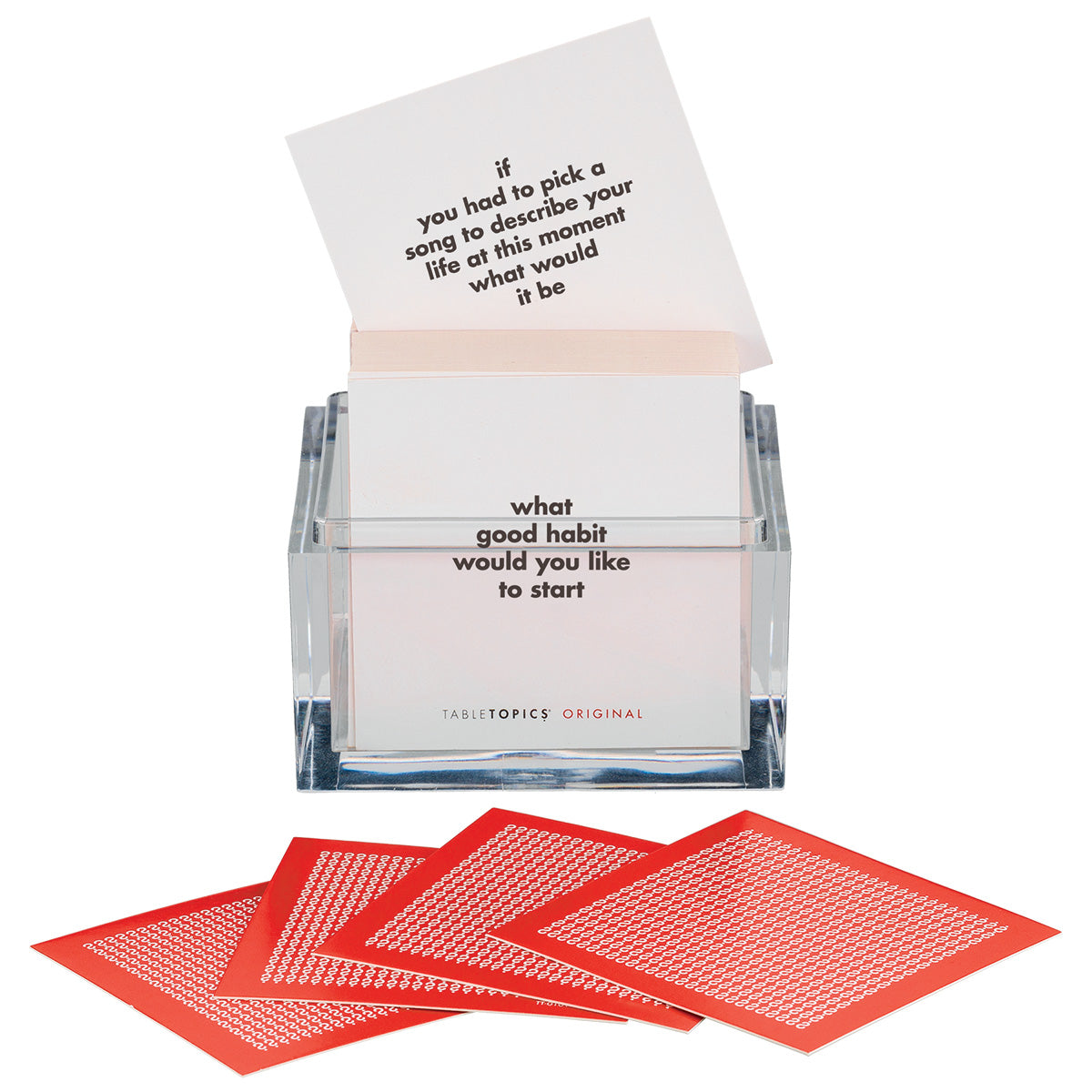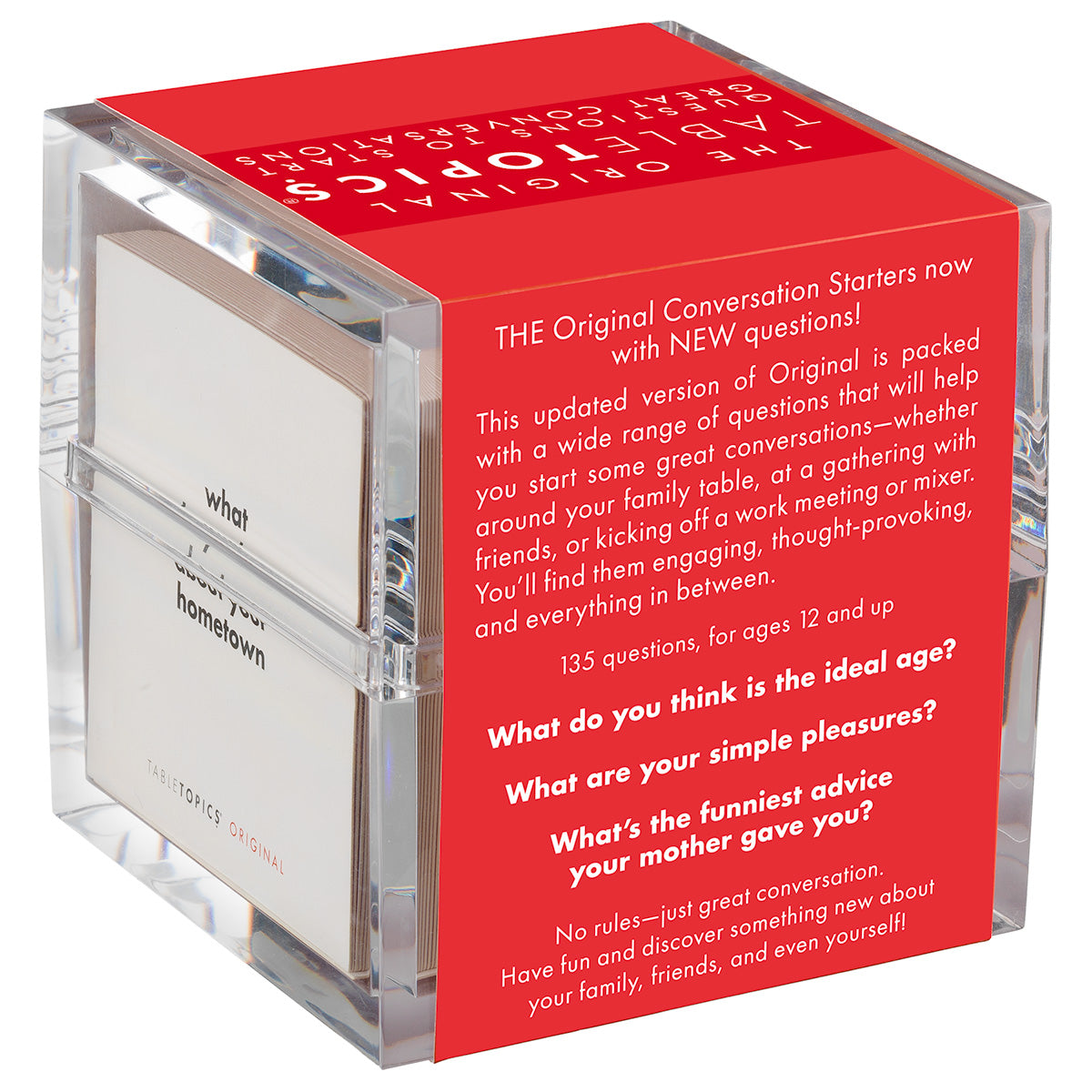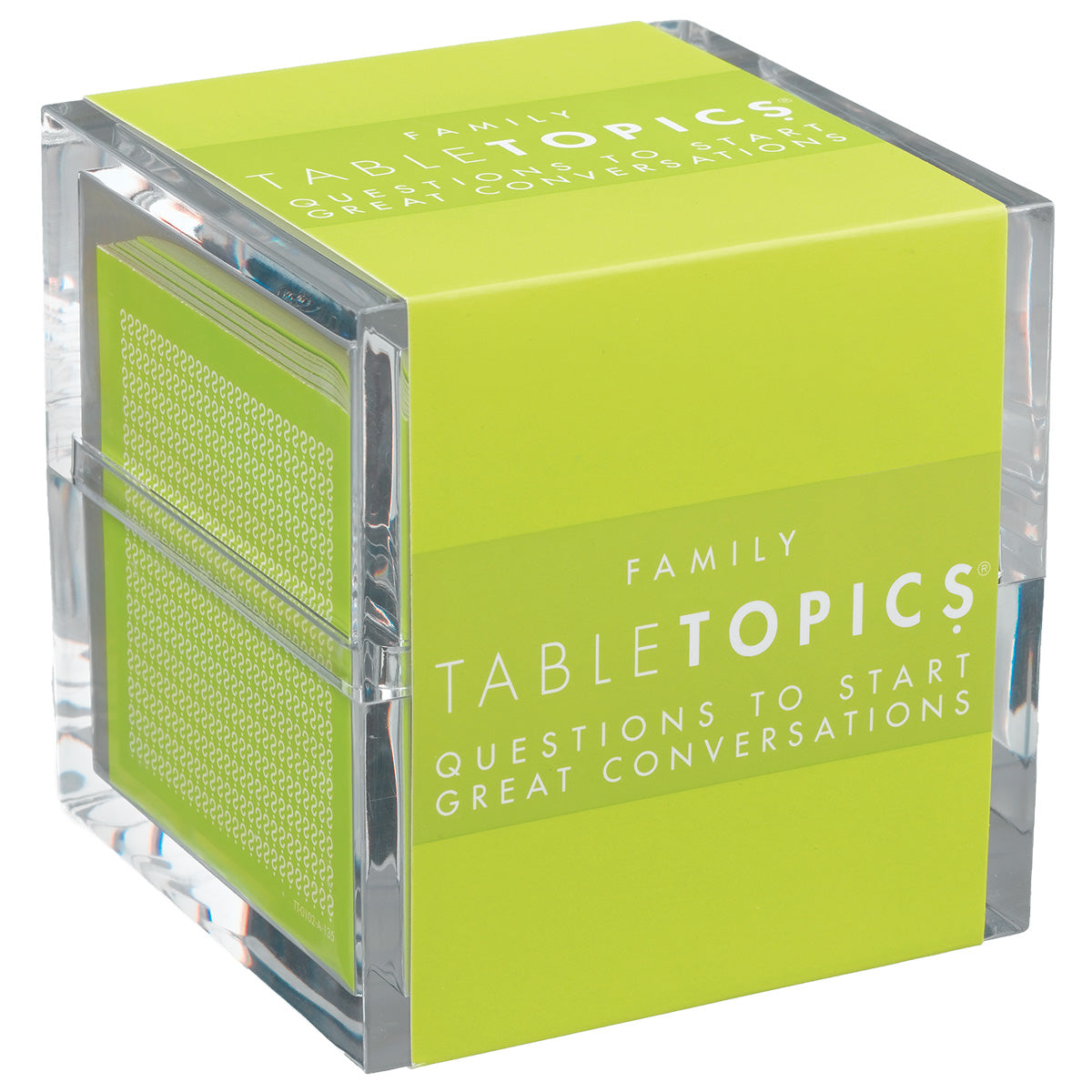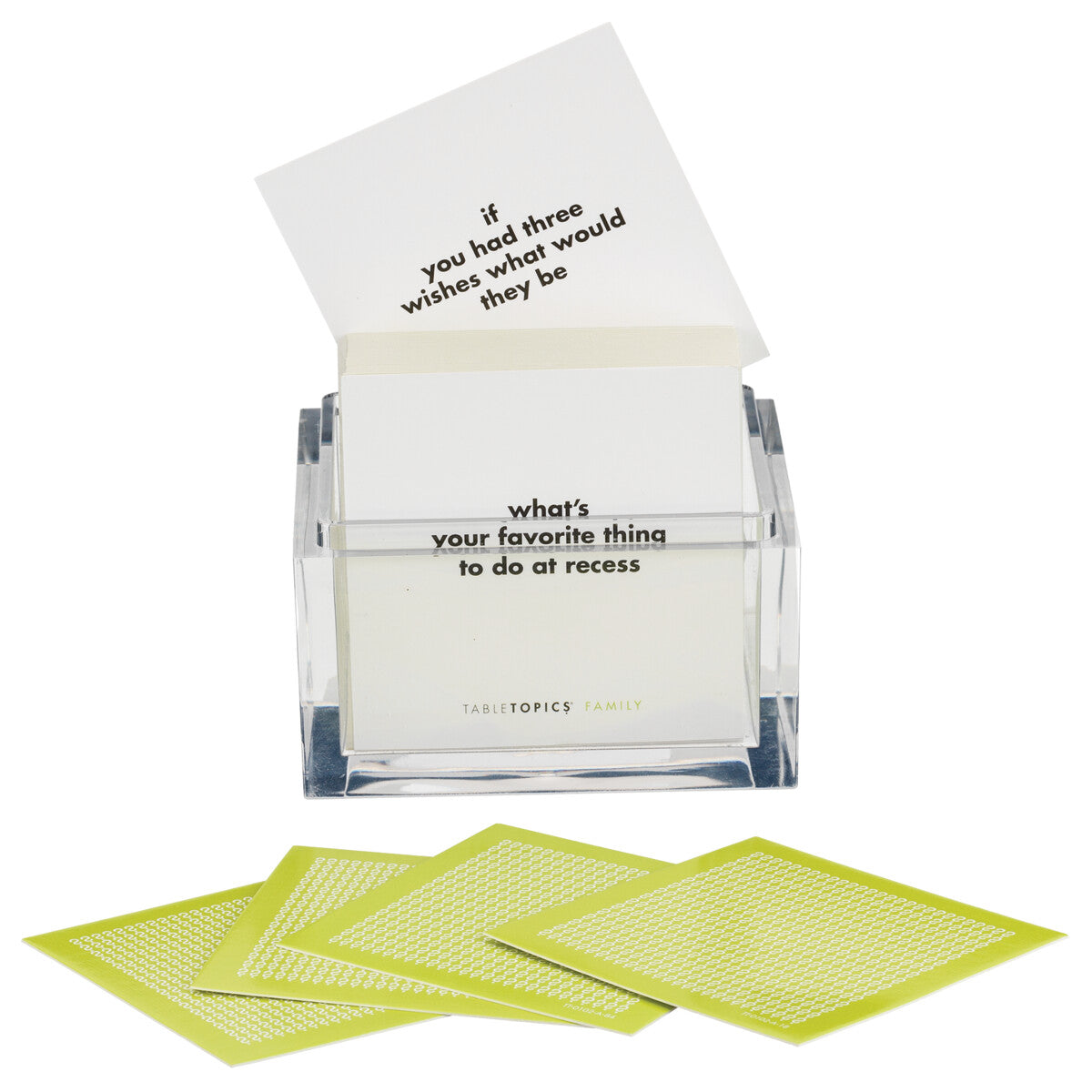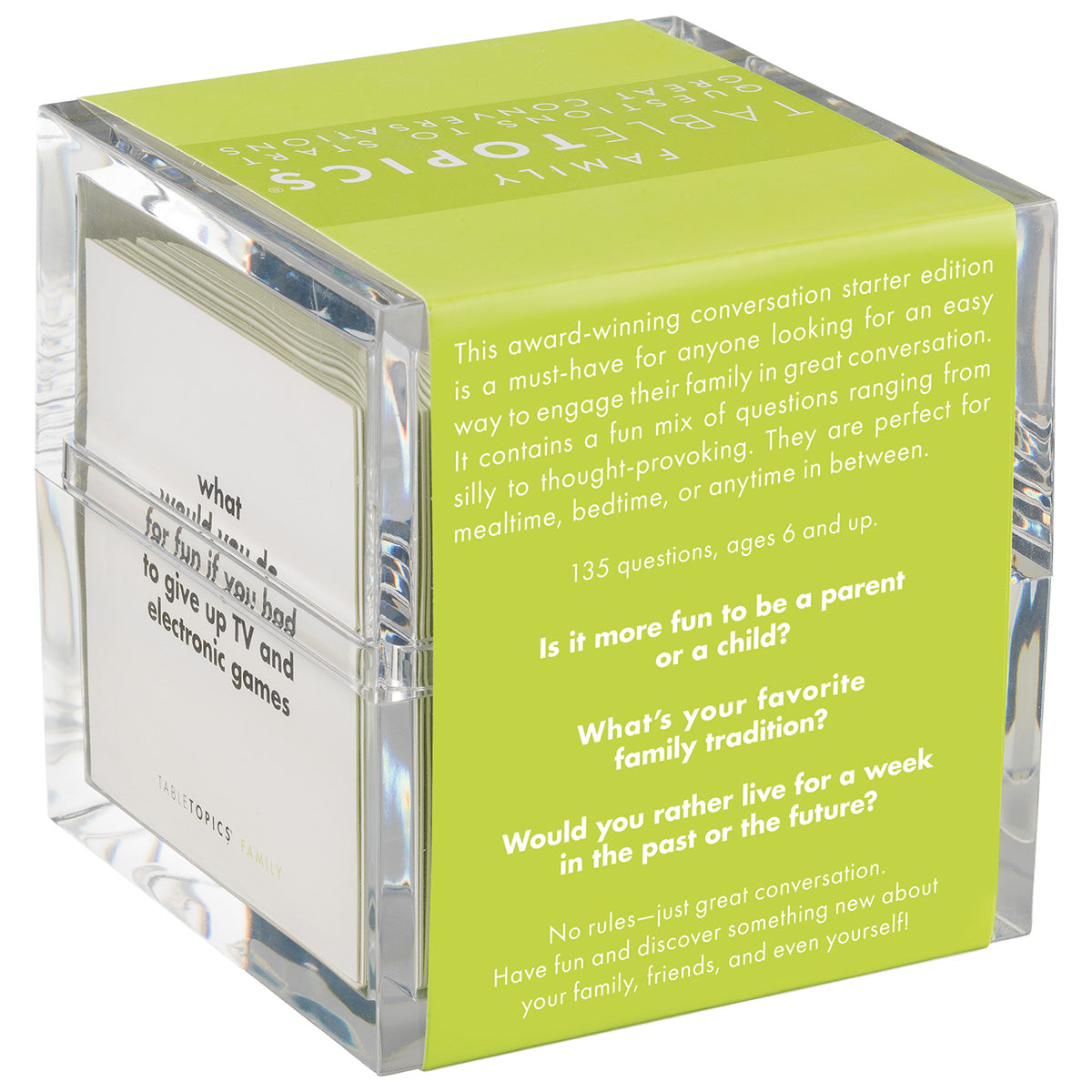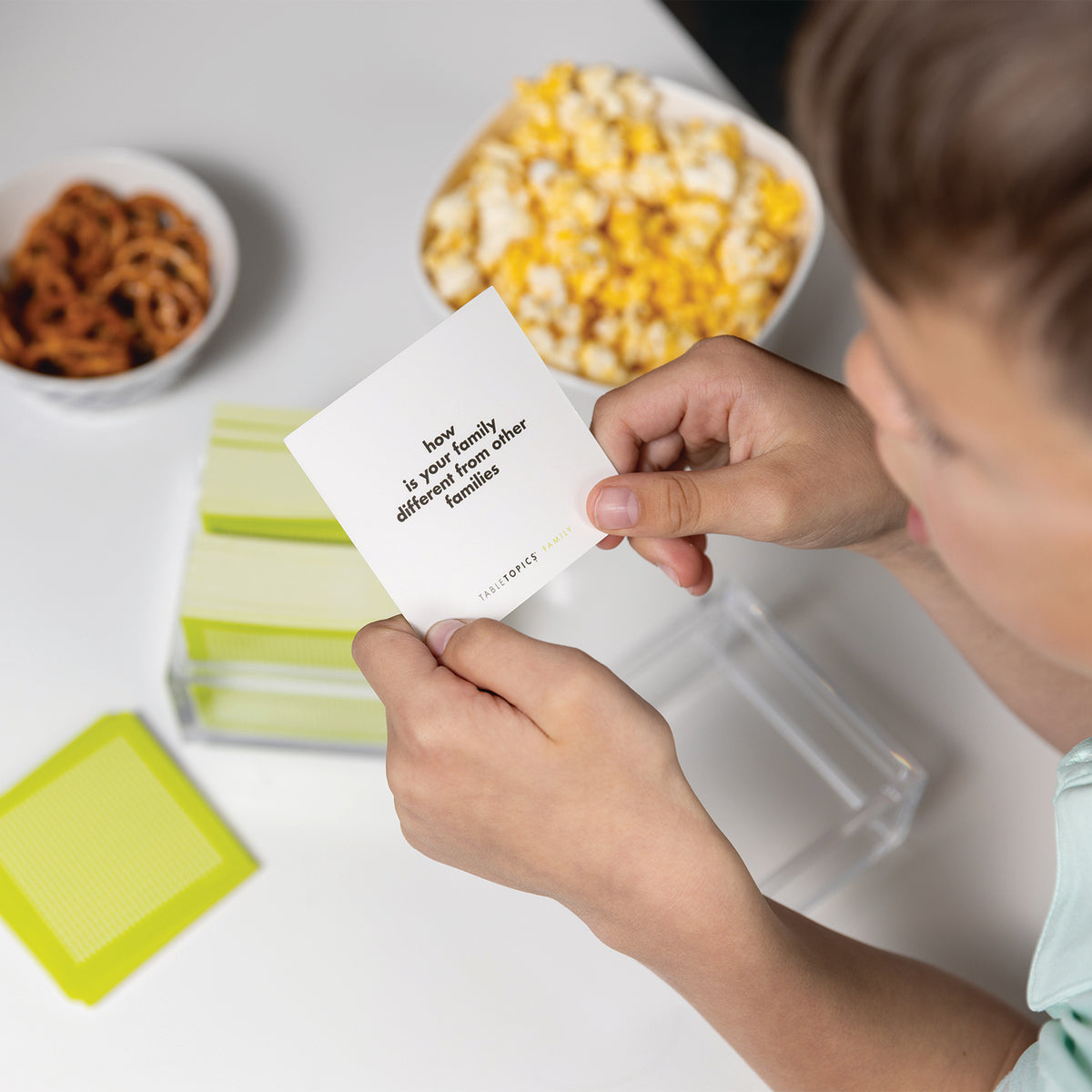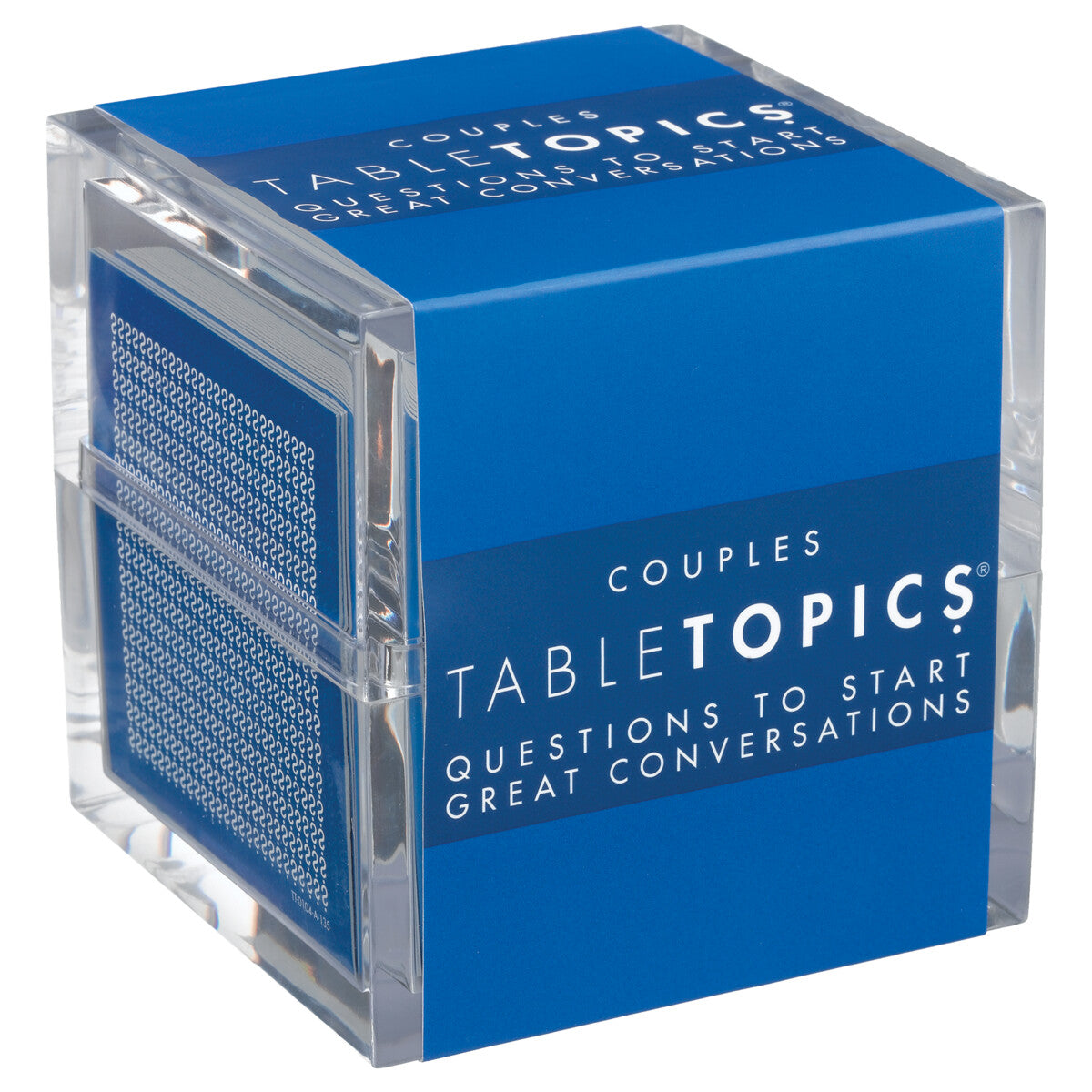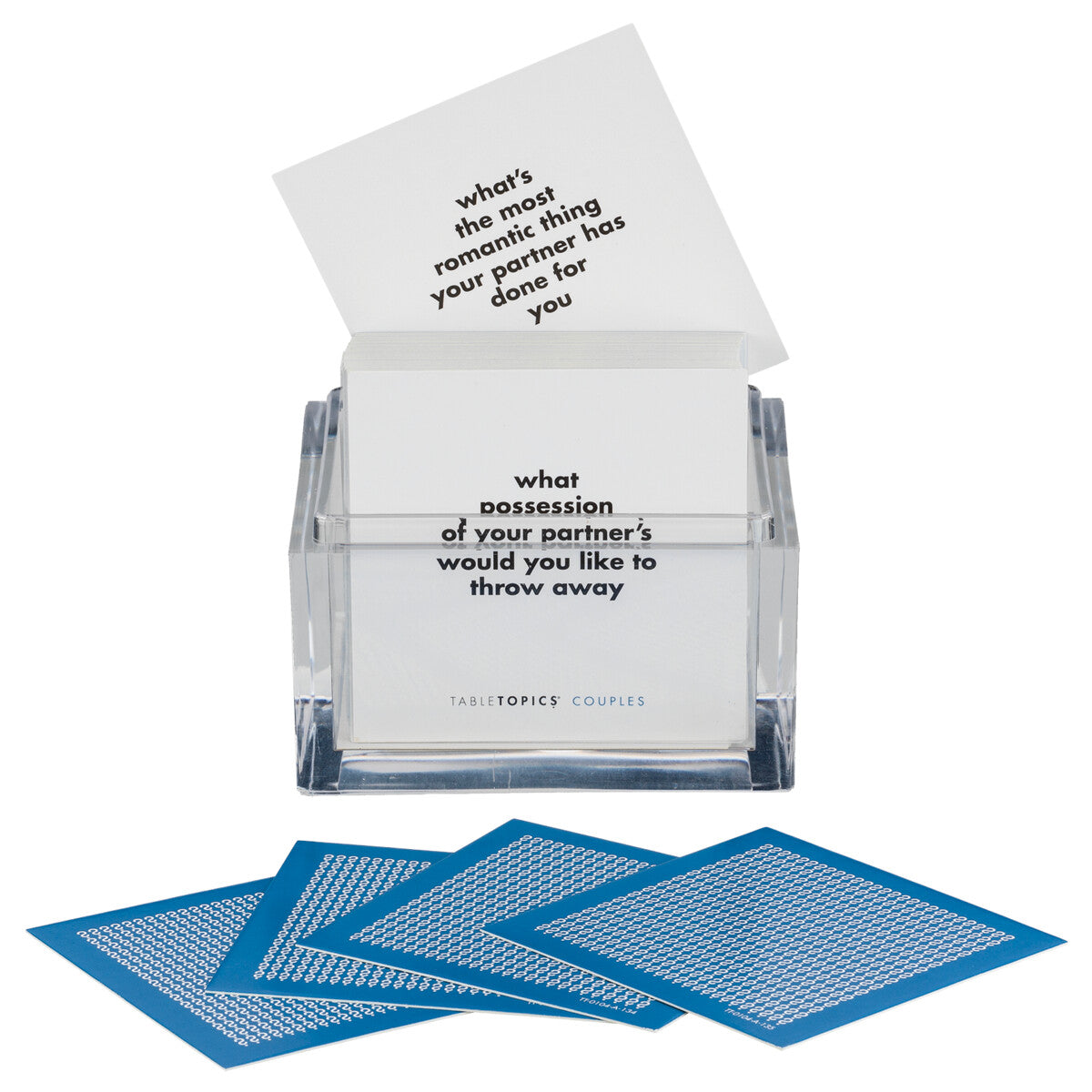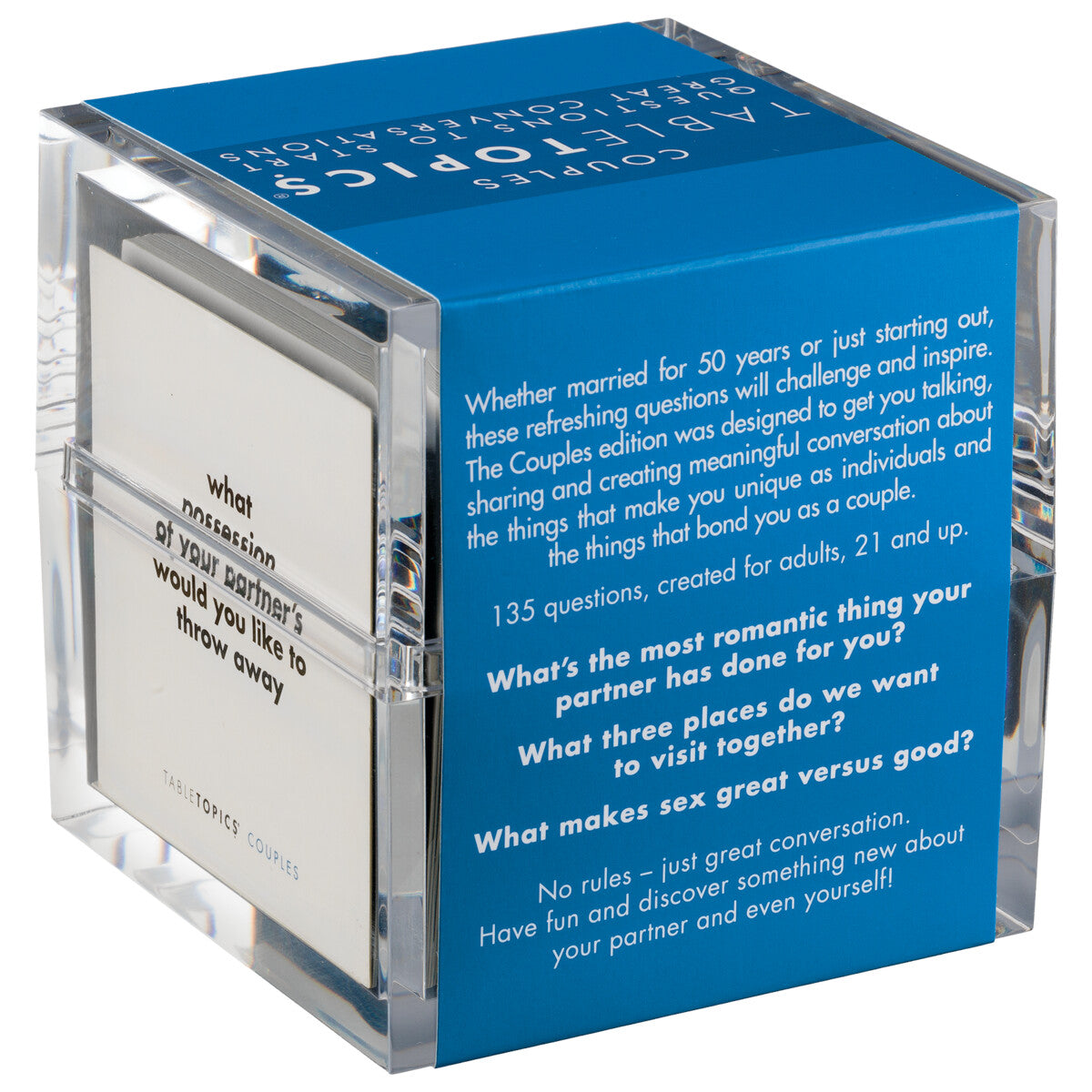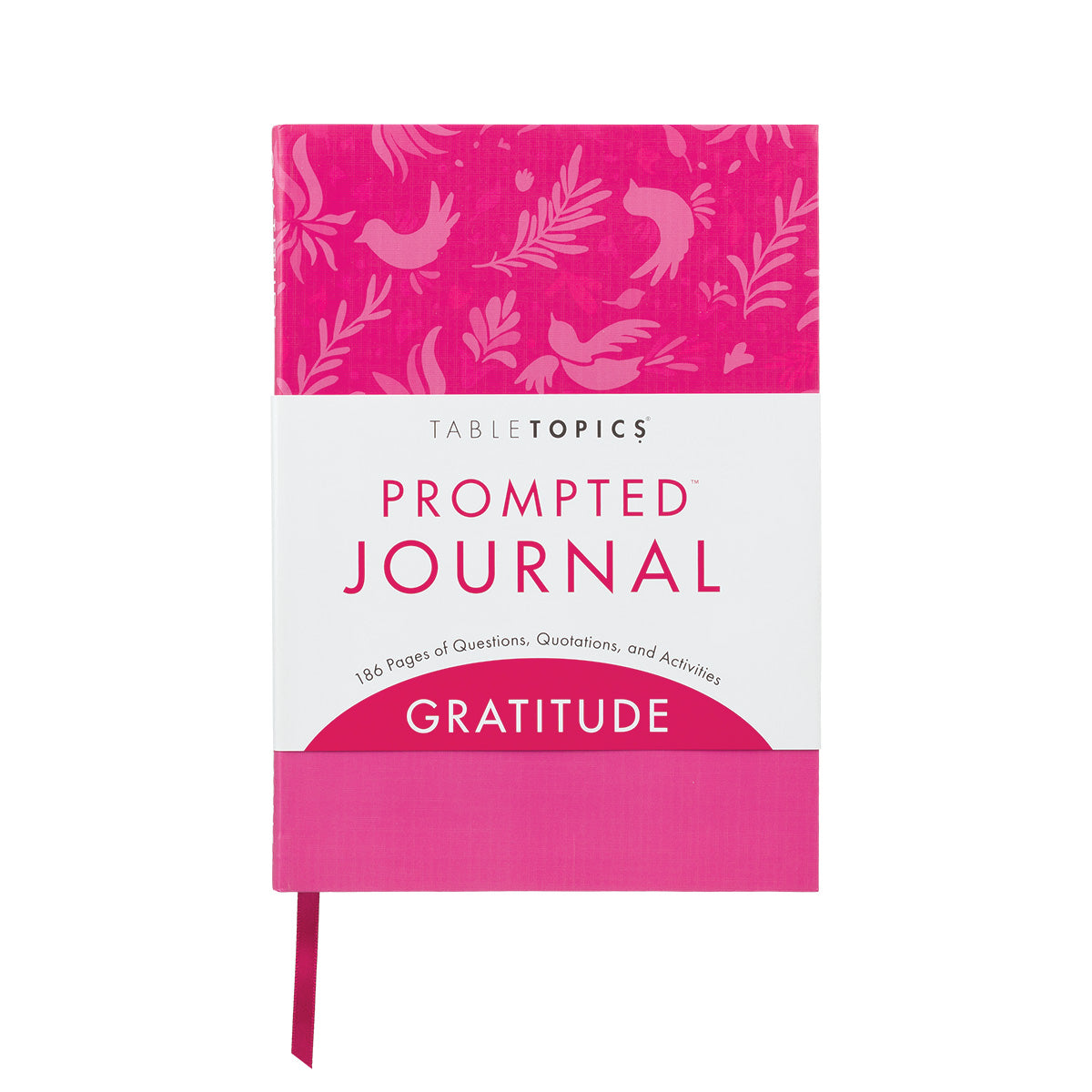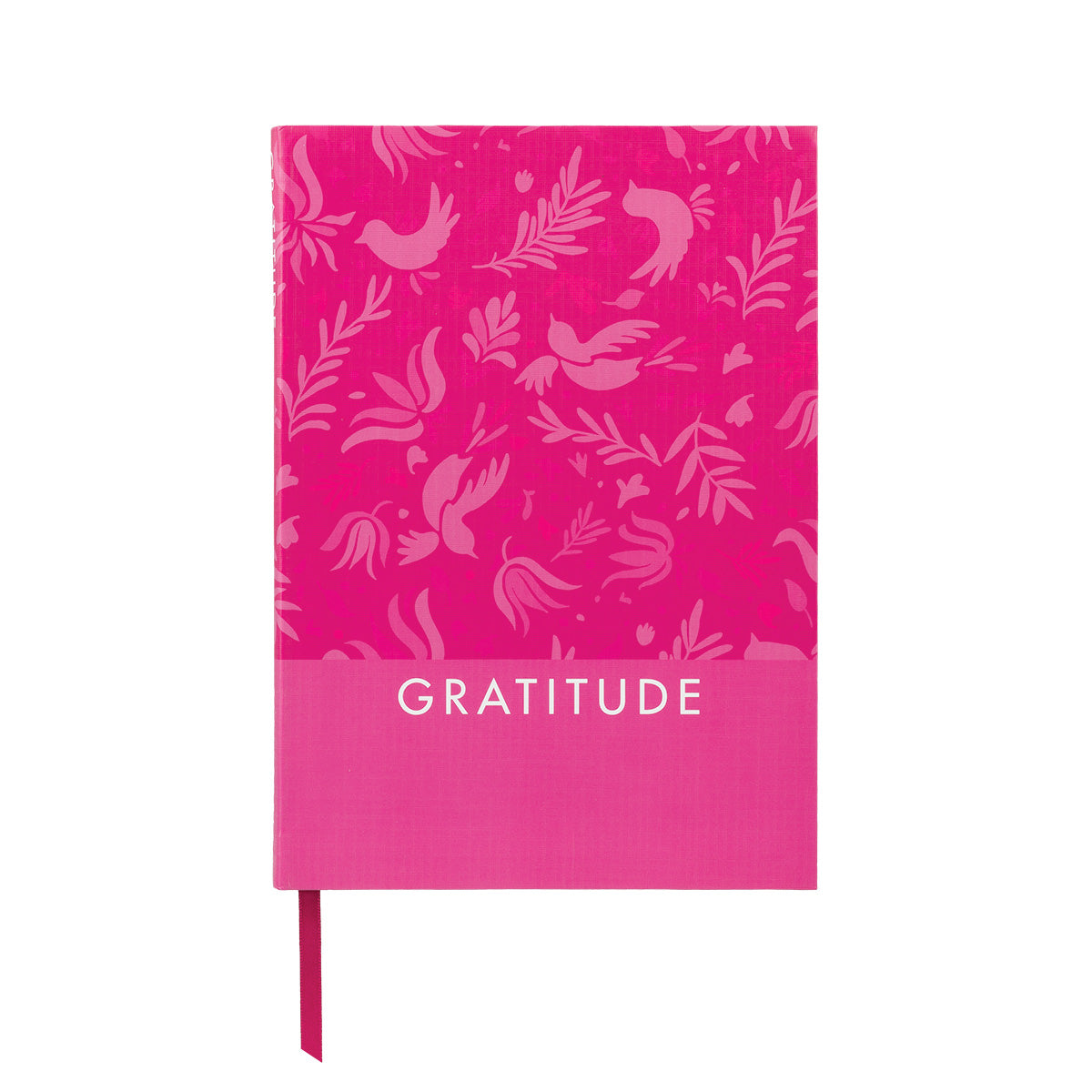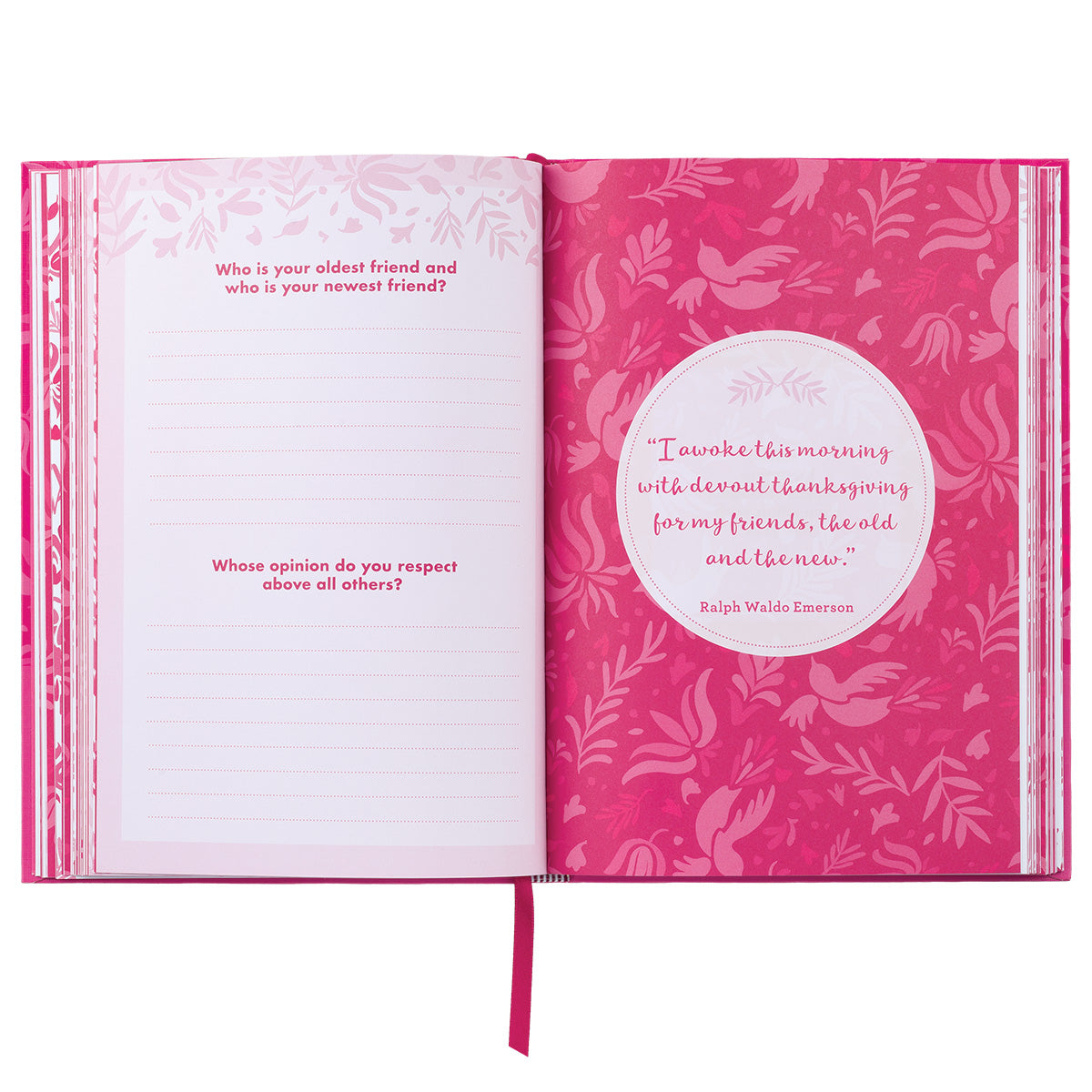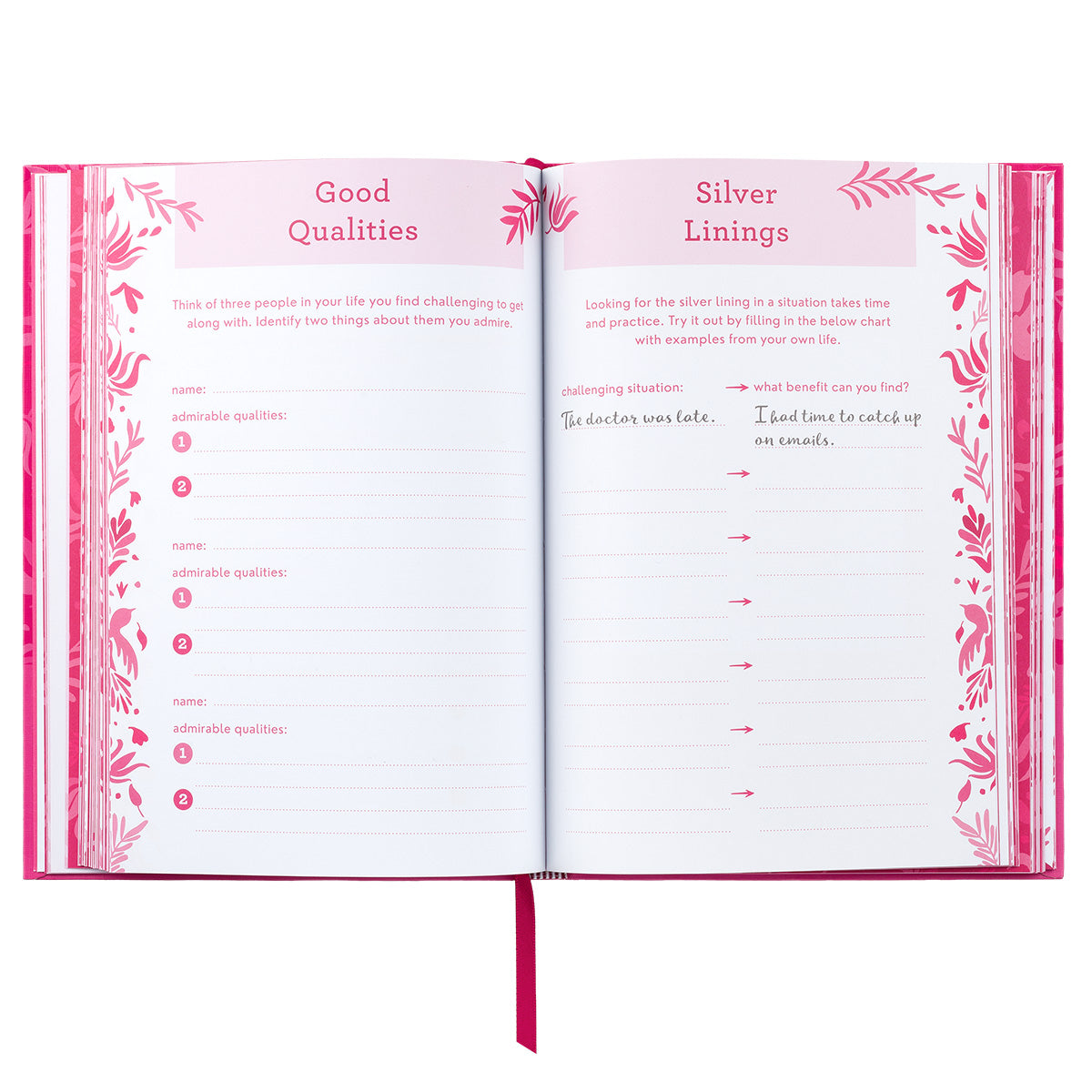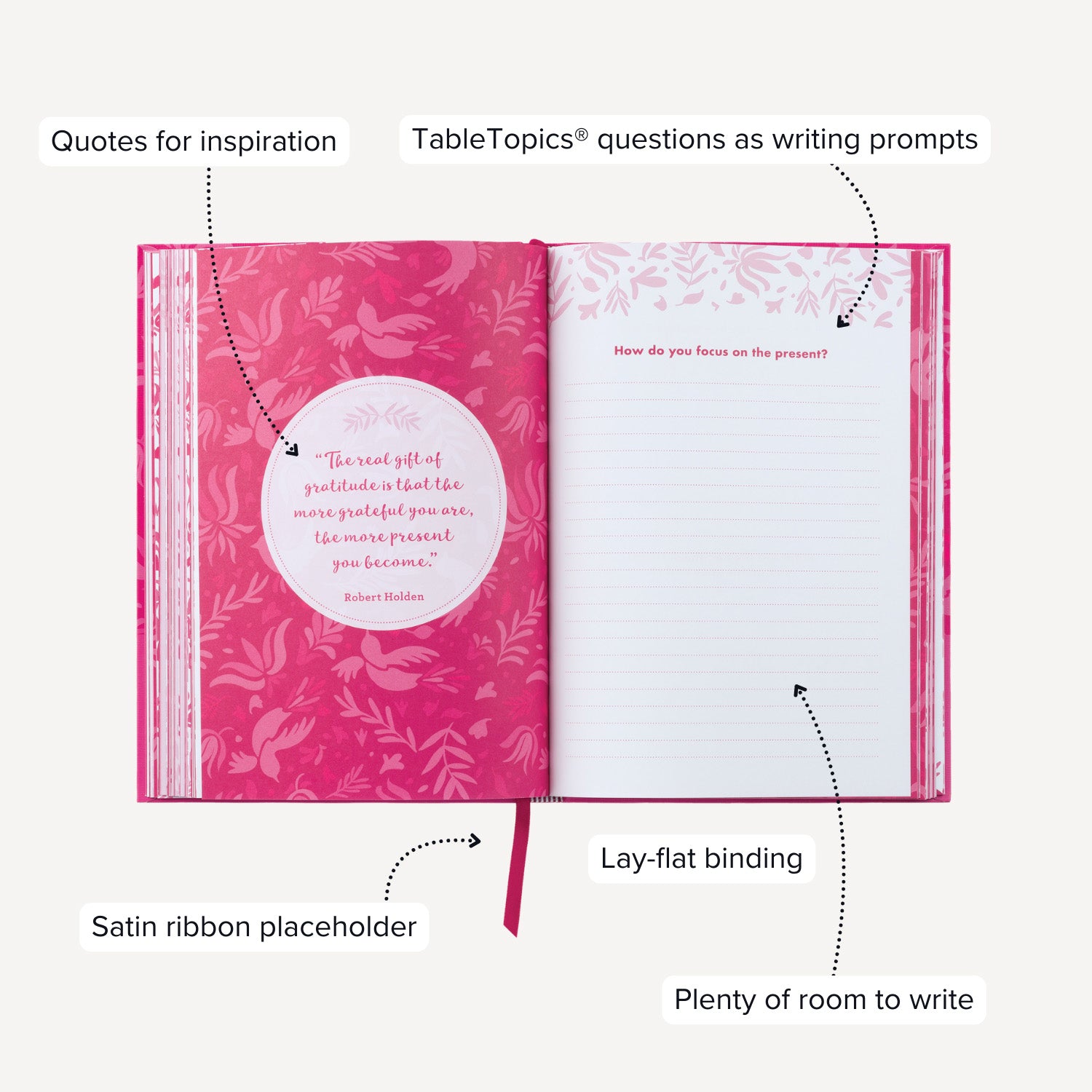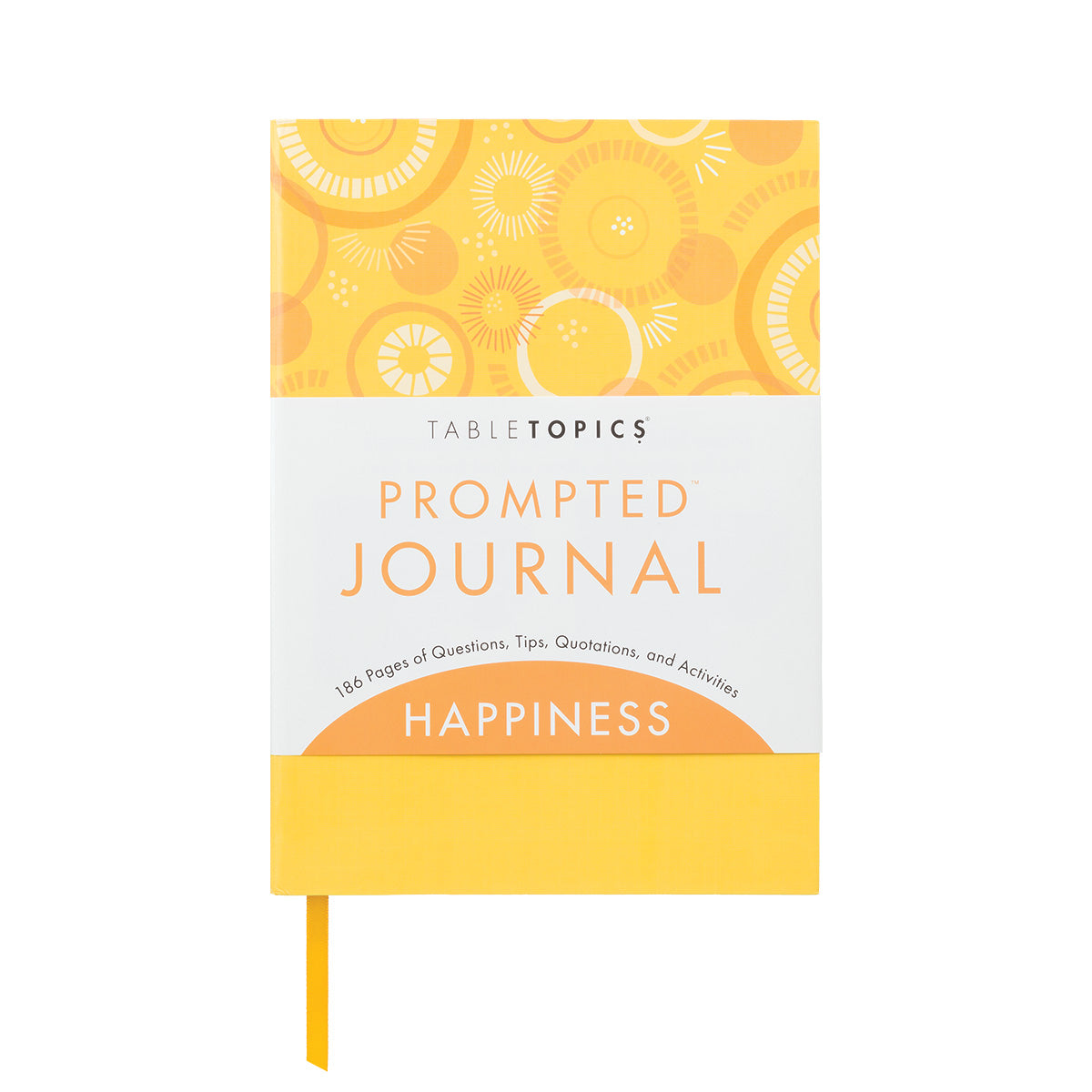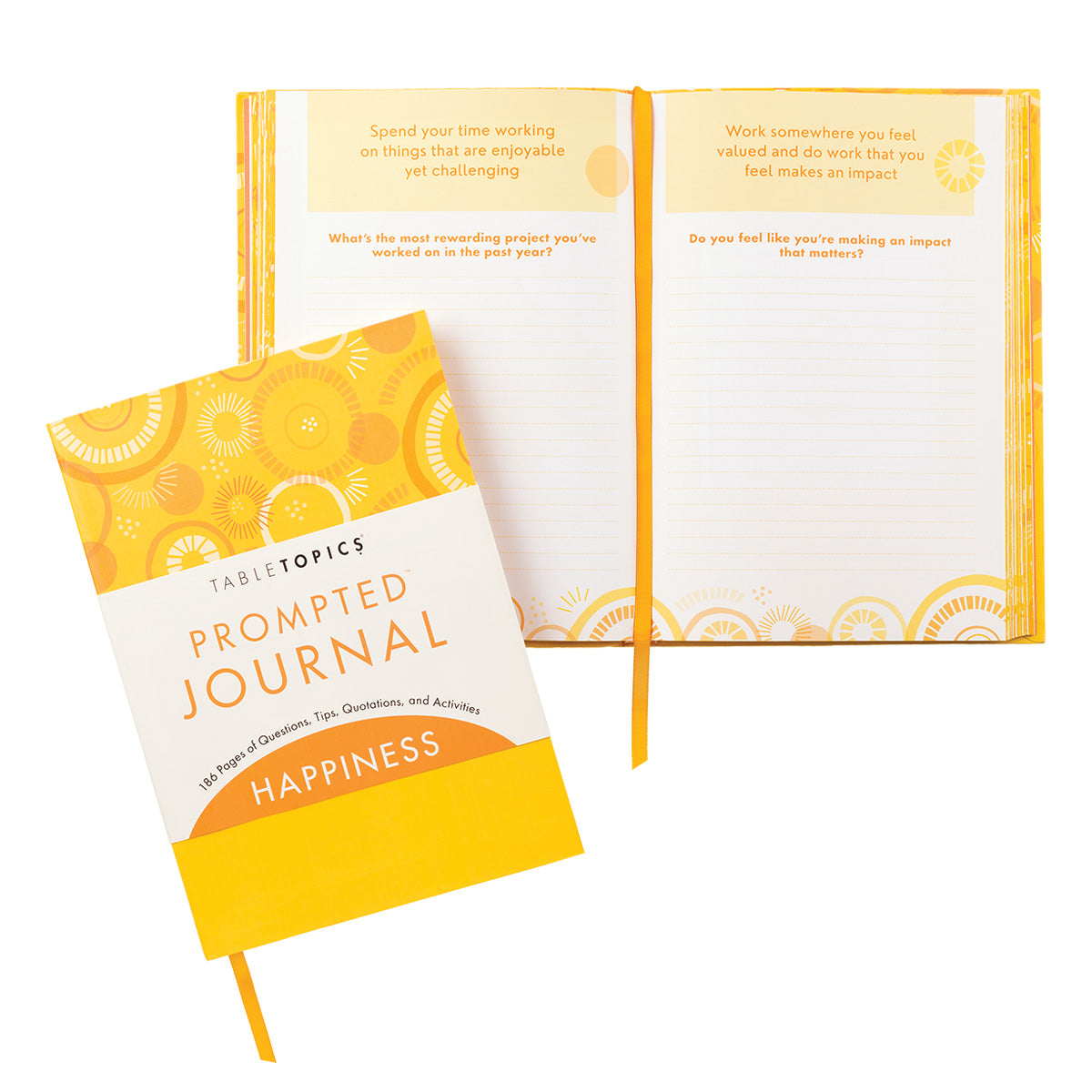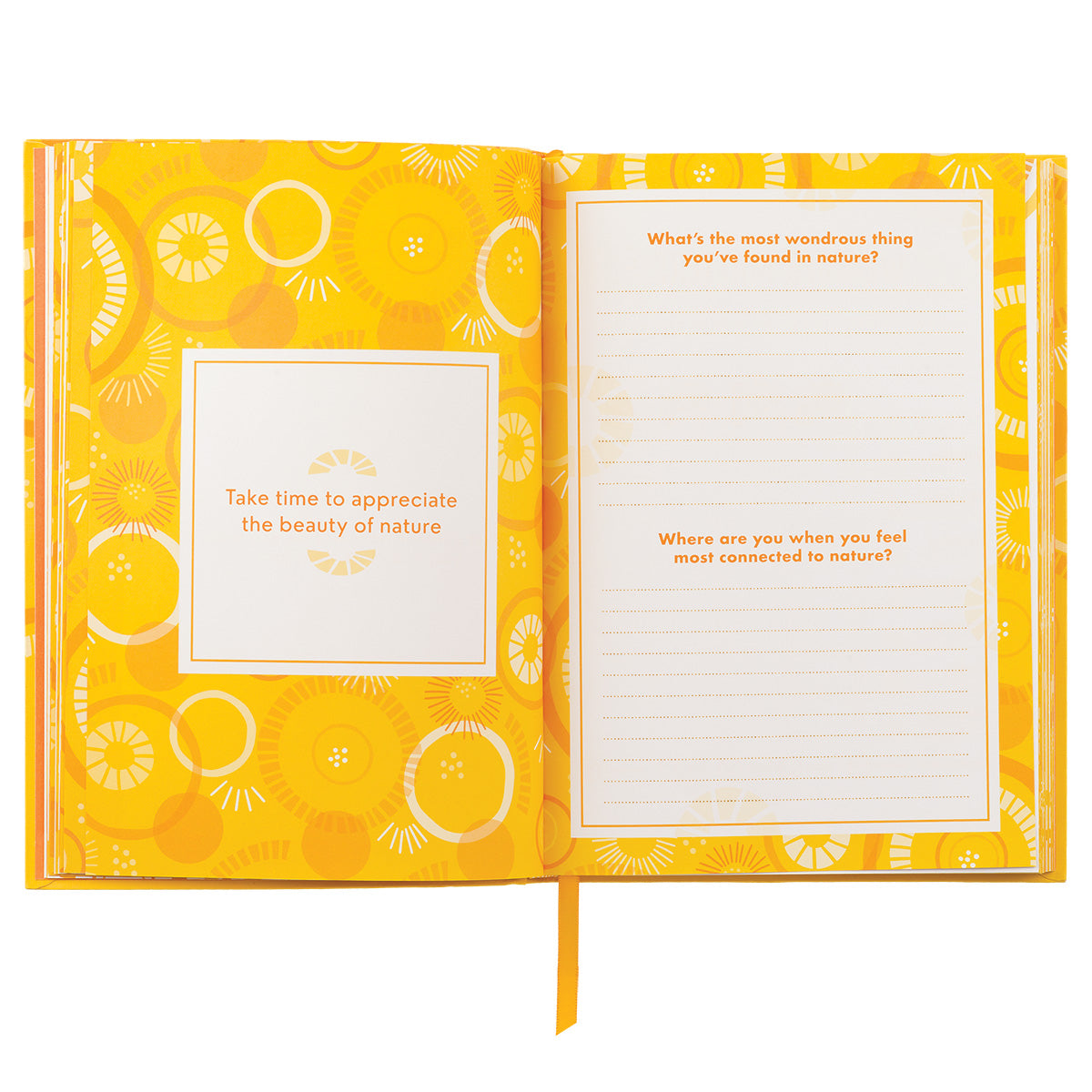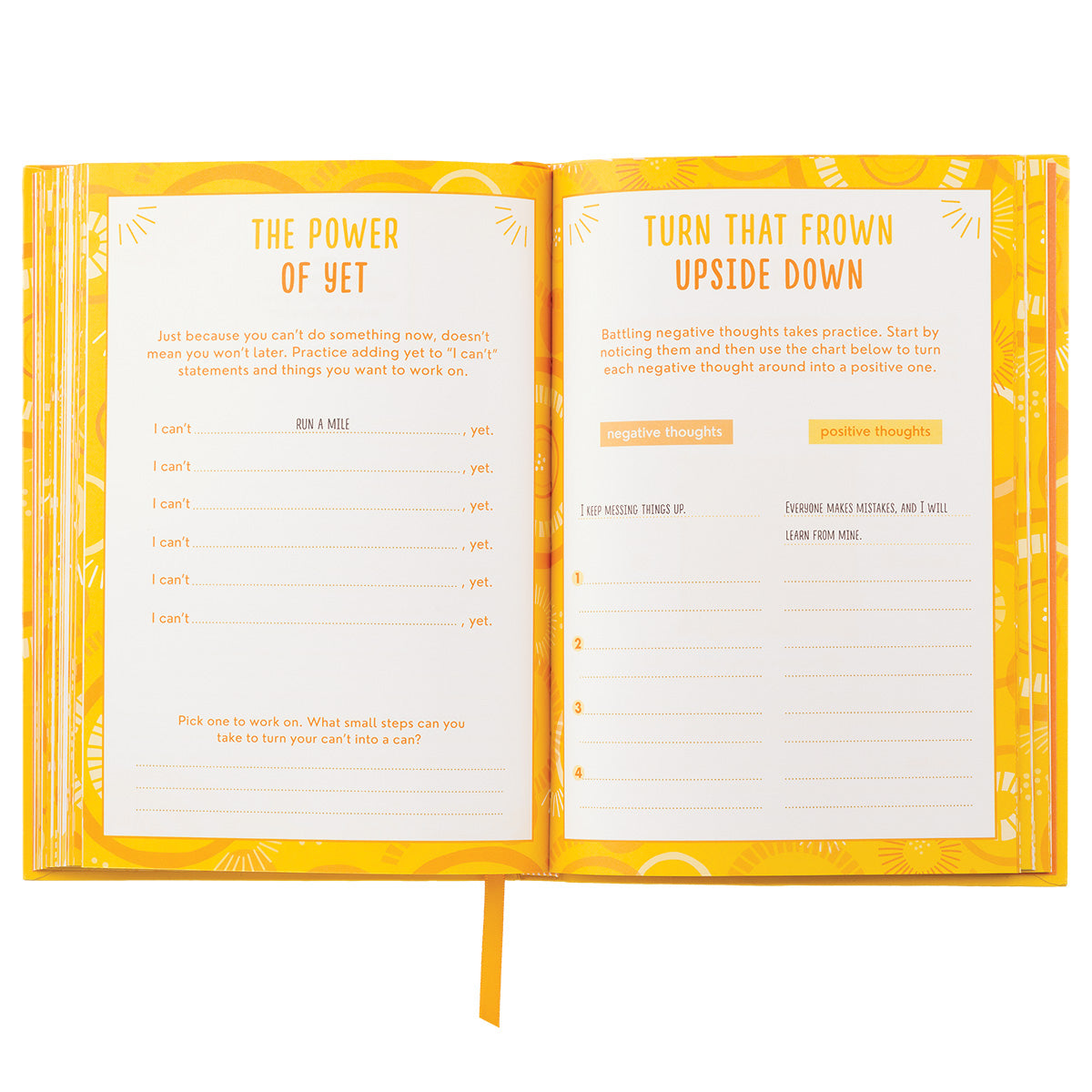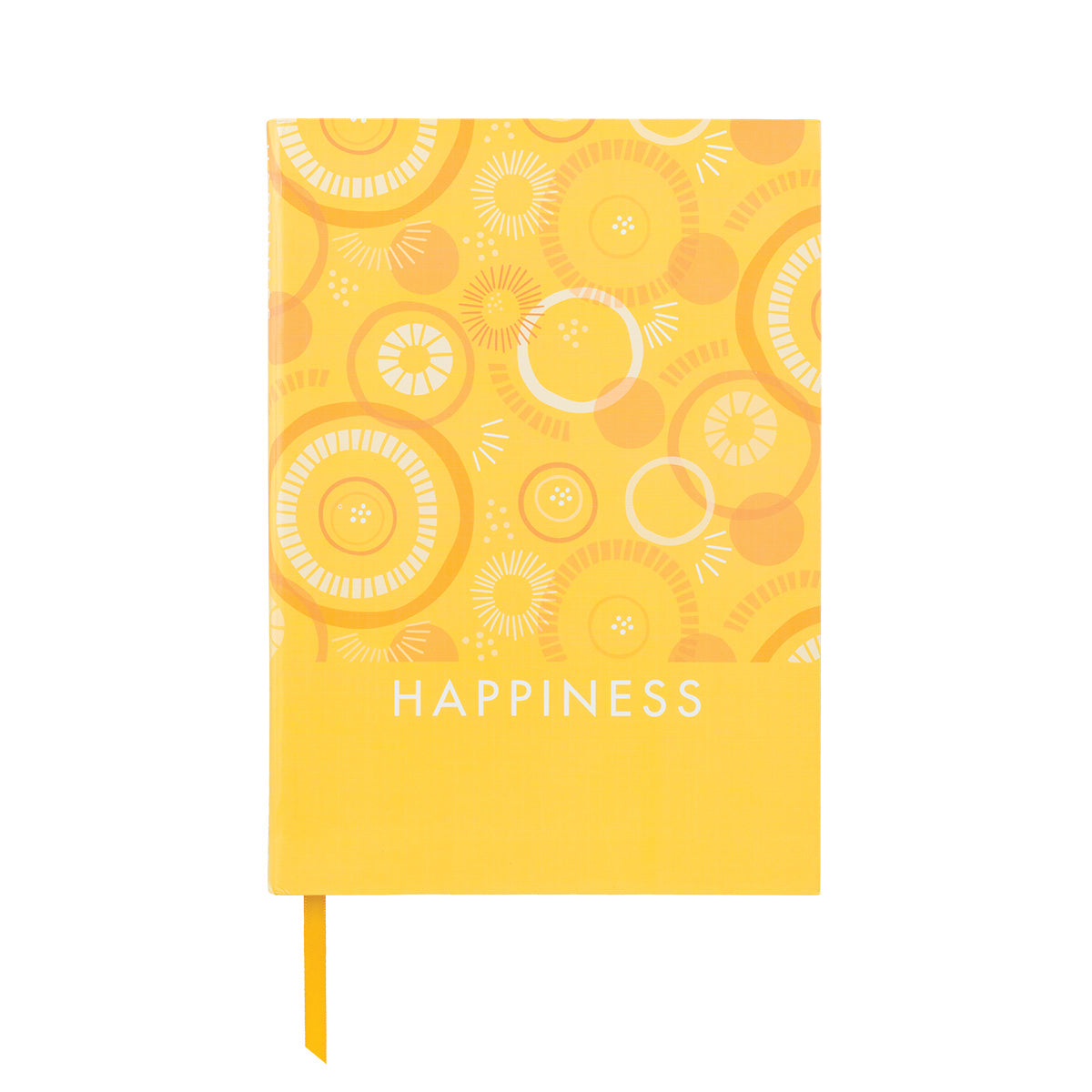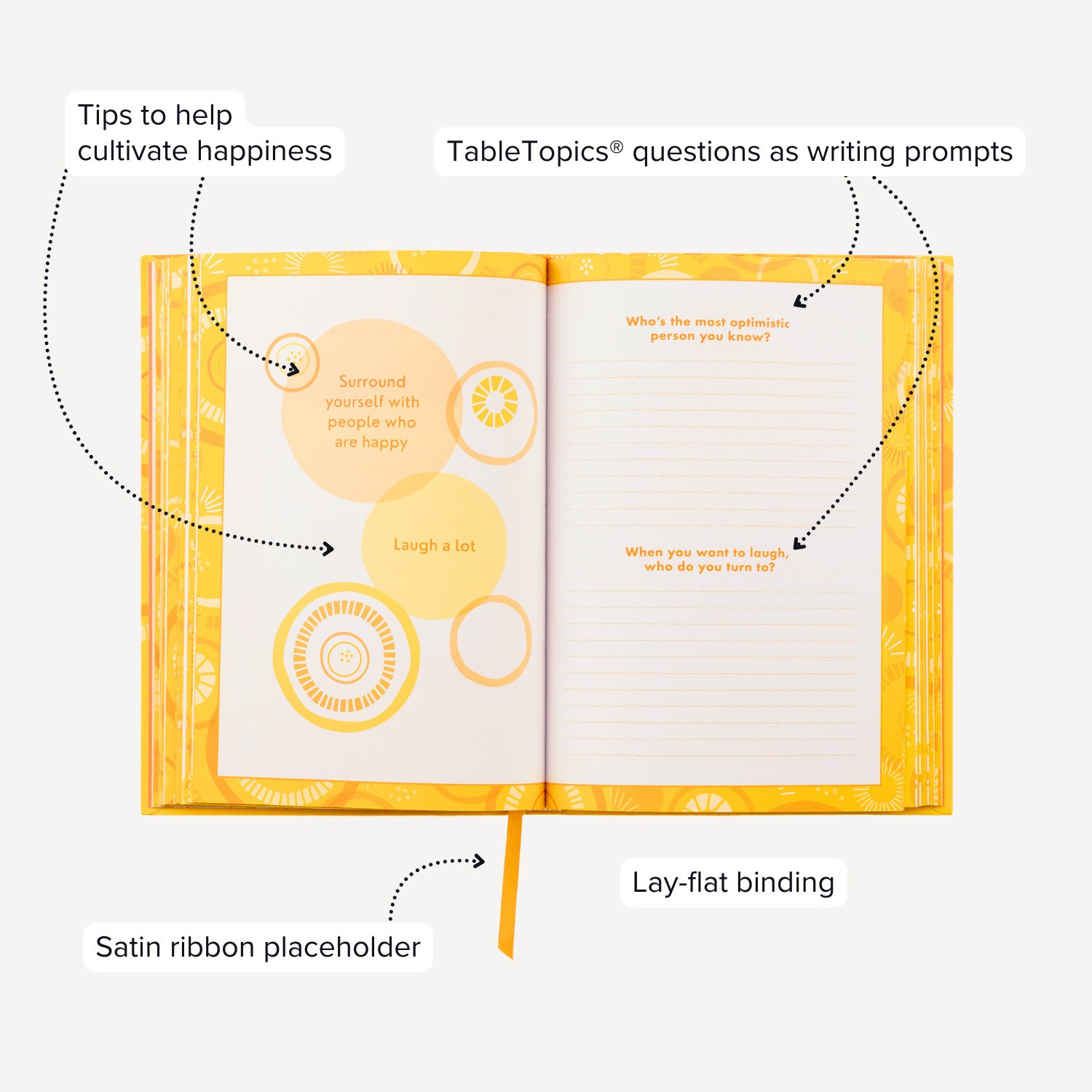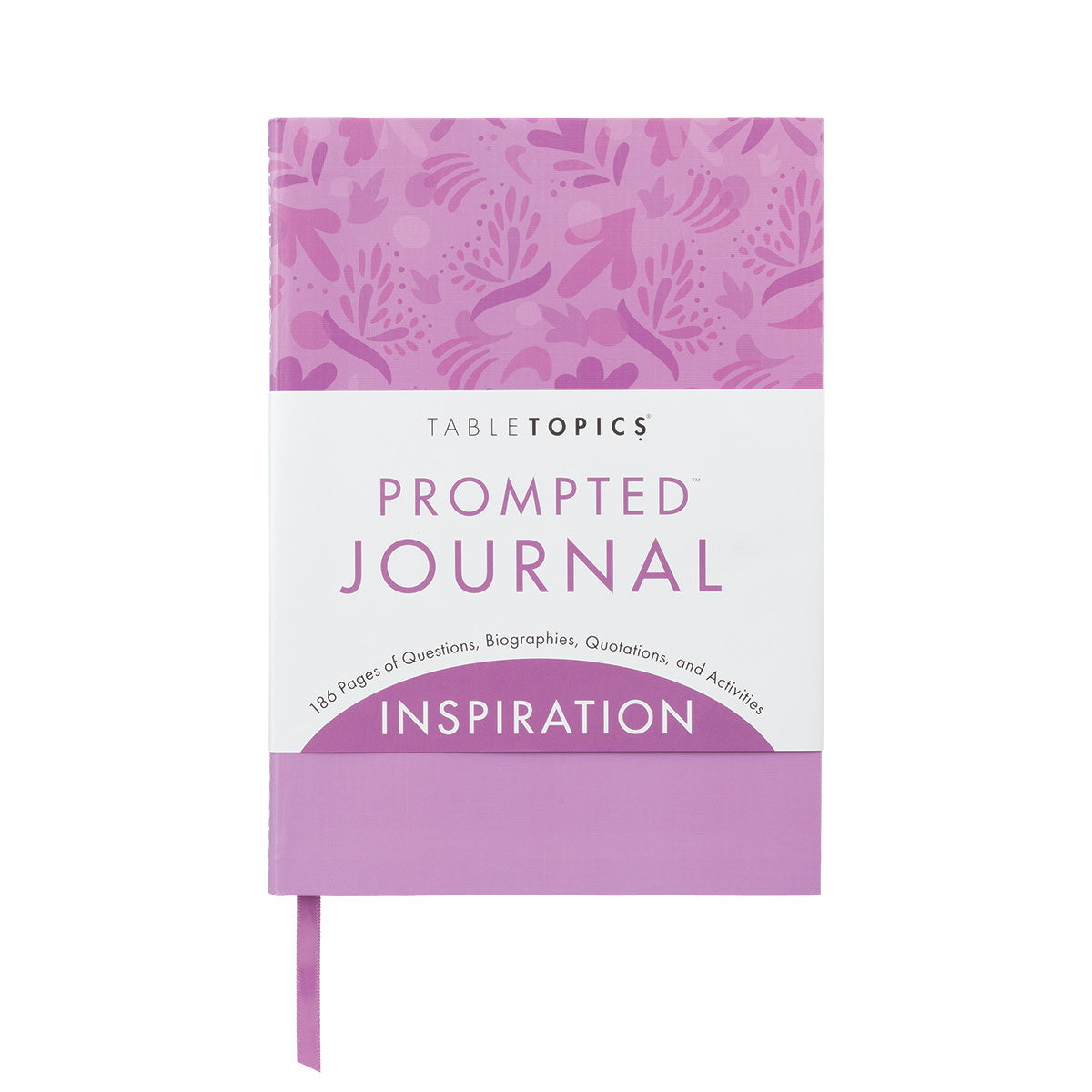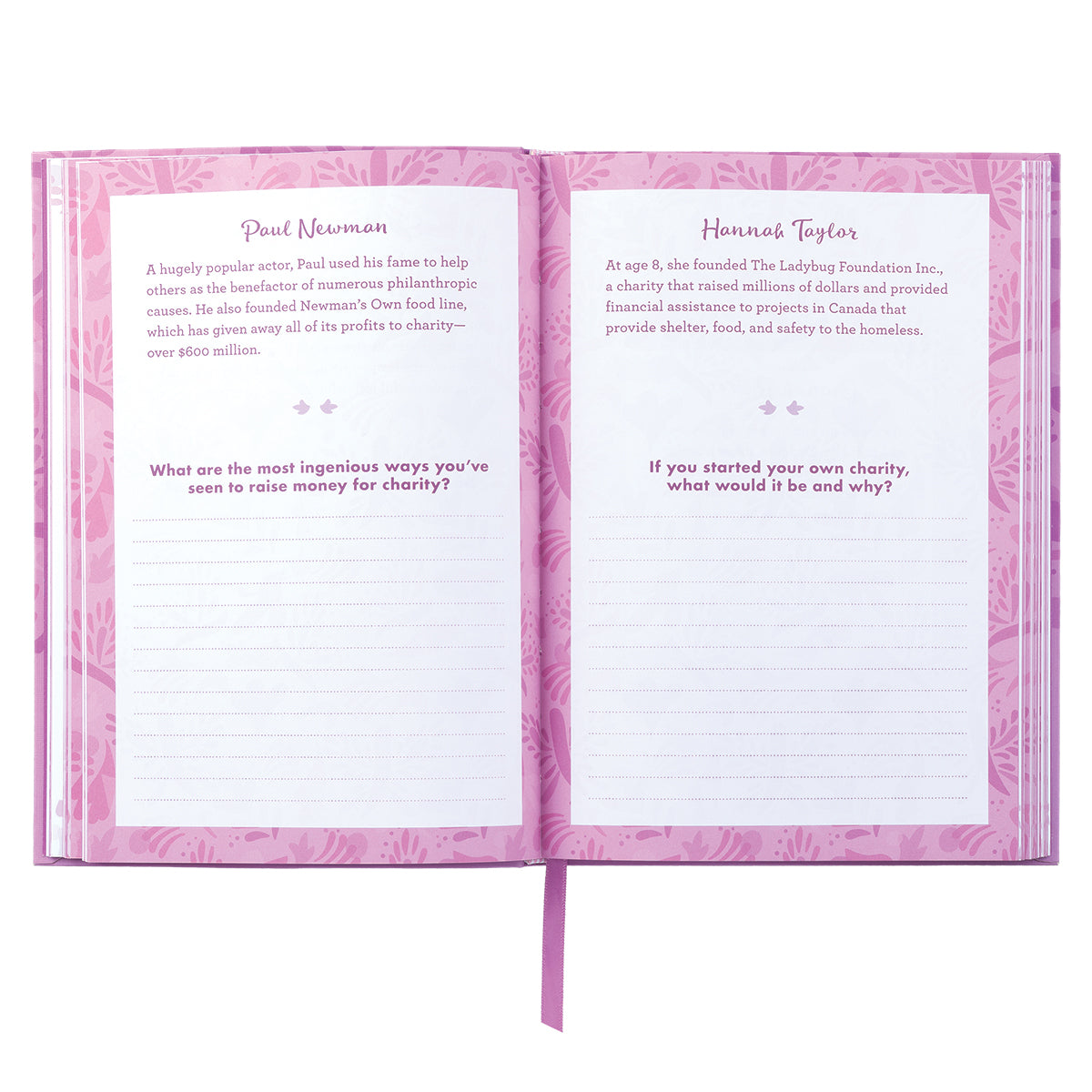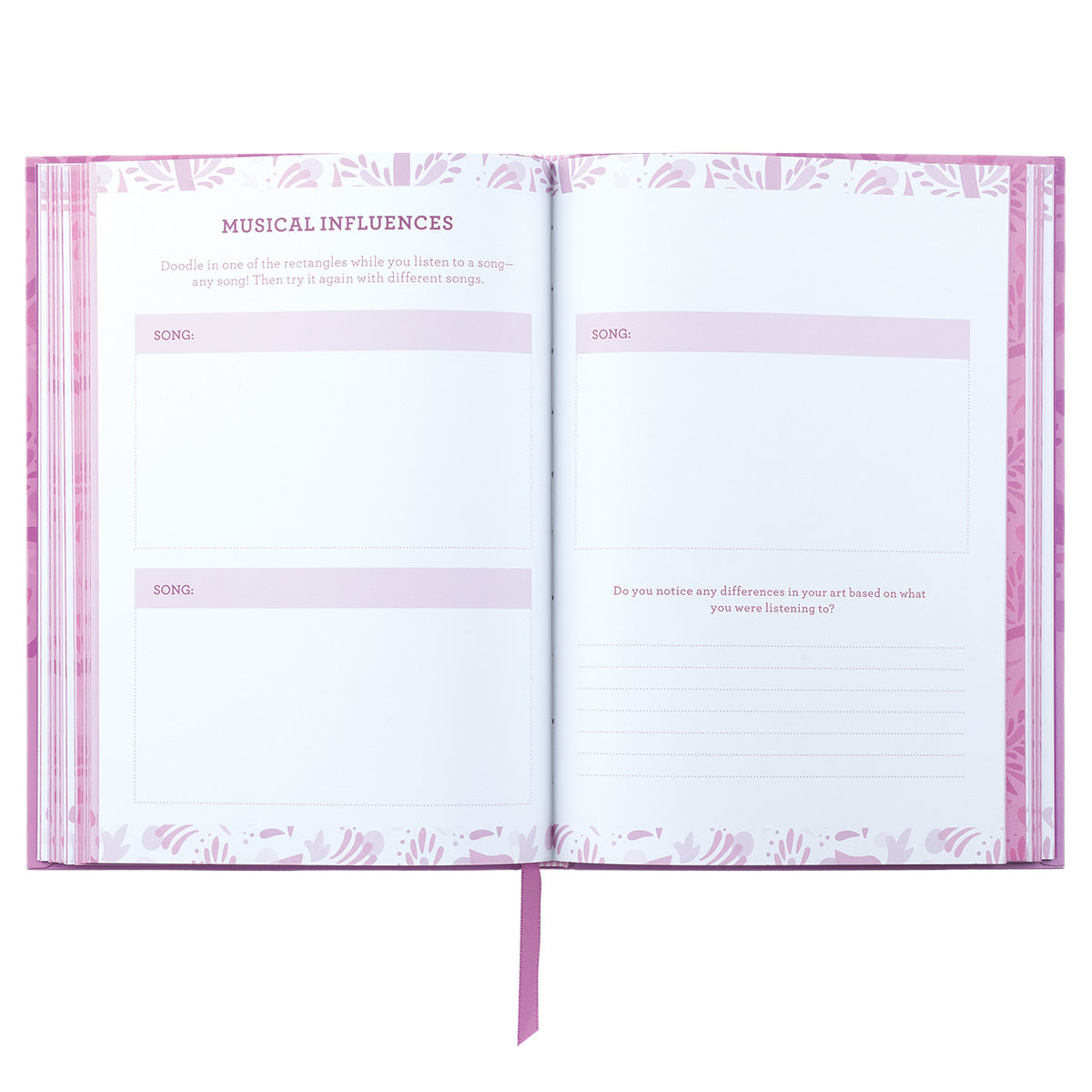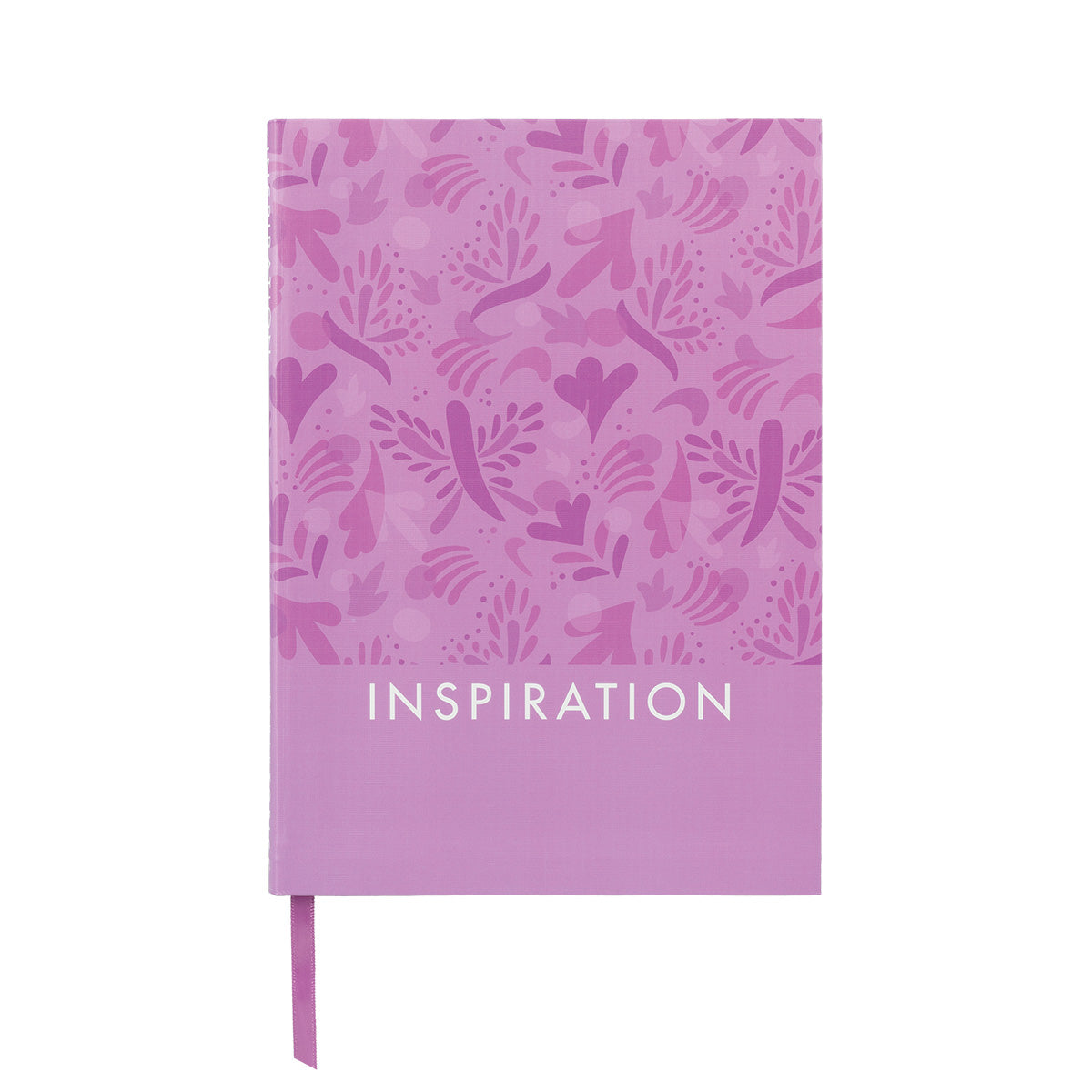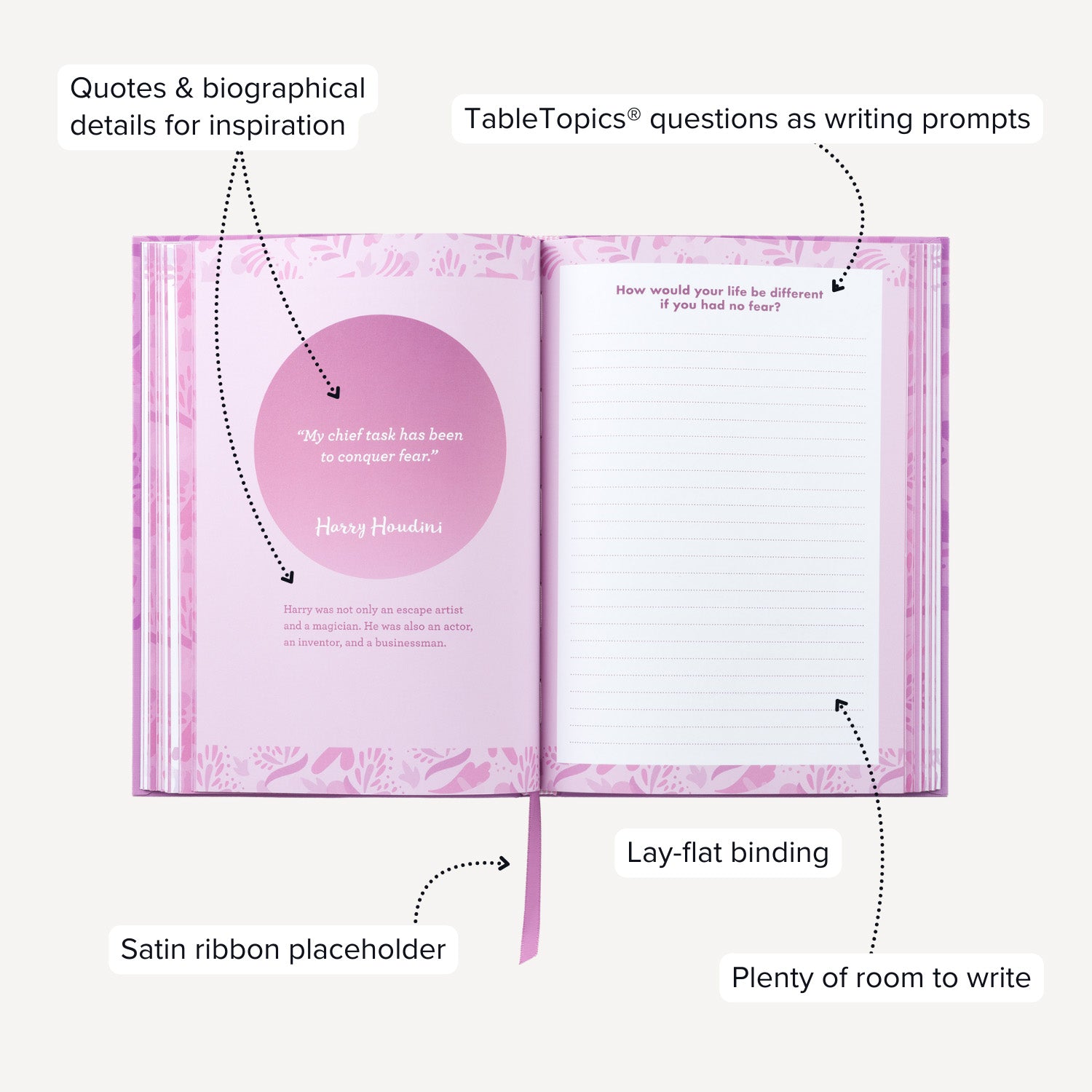Journaling is much more than teenage girls pouring their souls into their diaries—it’s good for everyone! Journaling is a mindful version of expressing our feelings through writing. It has a long history and boasts many science-backed benefits.
A brief history of journaling
For centuries, journaling has been used as a means to preserve memories, document historic events, and nurture self-expression. The journals that most writers use today were popularized in the 19th century. Back then, writers kept a “Commonplace Book” that emphasized capturing “the fleeting thoughts and moments of insight.” Famous journal keepers include Virginia Woolfe, Thomas Edison, Charles Darwin, and Thomas Edison.
Modern times, modern forms of journaling
Modern times have brought more diverse forms of journaling.
- Standard pen and paper journals are very popular.
- Blank journals give writers the flexibility to write anything they want.
- Prompted Journals give writers ideas to get them started by providing them with Journal Prompts or questions. Using this type of journal alleviates blank-page anxiety.
- TableTopics Prompted Journals are crafted to help you gain a greater insight into yourself through journal prompts. Thought-provoking questions, inspiring quotes, and fun activities all work together to make great tools that will help you start writing and understand yourself on a deeper level.
- Digital journals give writers the ability to write faster and optimize storage if writing in longhand or storing physical copies is difficult for them.
- Art journals allow people to express themselves through drawing, painting, or sketching rather than limiting their self-expression to words only.
- Bulleted journals keep self-expression brief and low-stress.
Journaling is good for overall physical and mental health
A study from Baikie and Wilhelm found that journaling for 15-20 minutes on just 3 to 5 occasions produced the following physical and emotional benefits:
- Fewer stress-related visits to the doctor
- Improved immune system
- Reduced blood pressure
- Improved lung function
- Improved liver function
- Fewer days spent in a hospital
- Improved mood
- Greater feelings of psychological well-being
- Reduced depressive symptoms before exams (in the case of students)
- Fewer post-traumatic intrusive thoughts and avoidance symptoms
- Improved social and behavioral outcomes
- Reduced absenteeism
- Quicker re-employment after job loss
- Improved working memory
- Improved sports performance
- Higher grade point average
- Altered social and linguistic behavior
Journaling can reduce depression
A well-known 1986 Study from Pennebaker revealed that writing expressively in a journal can be as effective as cognitive behavioral therapy in reducing the risk of depression in young adults. The frequency of intrusive depressive thoughts can be reduced as well.
Journaling for mental health is also documented to have helped students who are prone to depression or who are diagnosed with Major Depressive Disorder reduce their depressive symptoms.
Journaling can reduce anxiety
Journaling has also been proven to help people with anxiety and anxiety disorder. Anxiety is commonly associated with the presence of negative and intrusive thoughts. Journaling can help the person articulate those thoughts and process them more analytically.
Getting the words on the page gives writers a sense of control and helps them regain a sense of stability.
Journaling helps alleviate symptoms of anxiety by:
- Providing a safe space where a writer can identify and process their negative thoughts
- Giving writers a chance to record their feelings. Writers can start to identify patterns and triggers and can gain a sense of control over feelings that feel otherwise overwhelming.
- Promoting self-awareness, which then helps the writer better identify early signs of approaching anxiety
- Helping writers build a stronger sense of resilience after recording their worries/thoughts, reacting to them, and seeing that they have effectively learned to deal with them
- Providing emotional catharsis that gives the writer an immediate outlet for their feelings, which helps promote relaxation and tranquility and thereby reduces anxiety
Journaling can boost physical health
Journaling gives writers a more holistic and integrated view of their struggles and what they are dealing with. Internalizing a more cohesive and positive view of themselves makes them less prone to anxiety and depression, which directly impacts immune system function.
Emotional stress limits the effectiveness of our immune system due to the “stress hormone” Cortisol. Journaling limits the secretion of Cortisol and enables the immune system to do its job more effectively.
In a 2020 article by Kira Newman, she describes that scientists uncovered a direct correlation between journaling and a positive immune response. Half of a group with mononucleosis journaled for 15 minutes a day three times weekly. Half of the group did not. The half that regularly journaled produced noticeably higher levels of antibodies and effectiveness in fighting off the disease in their system.
Journaling cultivates gratitude

Focusing on gratitude increases our sense of optimism and also significantly reduces depressive symptoms.
Journaling encourages us to reflect on our experiences and feelings. Once a regular journaling practice is established, patterns emerge, and writers can build a sense of gratitude for what is going on in their lives.
Gratitude has many health benefits that are tied to (but not limited to) increased exercise and better quality sleep, which both promote well-being.
A gratitude journal is very effective in increasing a sense of well-being.
Gratitude:
- Increases happiness
- Reduces anxiety and depression
- Helps with getting a better night’s sleep
- Increases resilience
- Strengthens relationship skills
- Promotes forgiveness
- Encourages “Paying it Forward” (grateful people are more inclined to go out or their way to help others)
Would you like to explore how to use a gratitude journal but don’t know where to begin?
The TableTopics Gratitude Prompted Journal helps you examine what you are thankful for in your life more deeply by providing you with questions to respond to, engrossing activities, and inspiring quotes.
Questions, Quotes, and Activities
Questions
- What’s the nicest thing you’ve seen one person do for another?
- What did you think was lost forever but then you found?
- Where is your favorite place on earth?
- What is your most cherished family heirloom?
Quotes
- “When we give cheerfully and accept gratefully, everyone is blessed.” —Maya Angelou
- “Be aware of what others are doing, applaud their efforts, acknowledge their successes, and encourage them in their pursuits. When we all help one another, everybody wins.” —Jim Stovall
Activities
- Silver Linings: examine challenging situations from your life and identify benefits of each of them
- Thank You Time: write a letter to someone you are grateful for explain how they impacted your life

Journaling can help process trauma
Journaling has been proven to help people recover more quickly from traumatic events. By confronting their trauma and processing it head-on, rather than repressing it, journaling can help trauma survivors process what they’ve been through in a more healthy way. Once they have begun to process negative experiences, they can integrate them into the overarching narrative of their life. This helps survivors recognize their resilience and reduces stress as a result, which are both key factors in improved health.
Journaling can improve memory function
By processing and recording events of a particular time period, journaling can help writers reflect on events and then better retain their memories of them for a more extended period of time. Journaling can help by identifying patterns over time and can increase overall memory capacity.
The University of Technology and Economics conducted a study in which students were divided into three groups. One group was asked to record the events of the day at bedtime. The second group was asked to record events from the previous day the next morning. The third group was asked to record the events of the previous day in the evening. The group who journaled consistently about events earlier in the day exhibited increased memory function over time. Why? When we recall events just before bedtime, our memories are consolidated and processed in the sleep that follows.
Some residents of memory care facilities have also reported that regular journaling helps them remember. Patients are encouraged to write about traditions and events from the past. This helps them strengthen their memories and allows them to record important parts of their identity, which they can then use to have better interactions and bond with their family members when they can’t easily access them.
Would you like to try journal writing but don’t know where to start?
The Inspiration Prompted Journal:
Our Inspiration Prompted Journal helps you infuse creativity and inspiration into your daily routine. Inspiration journals can be a good stepping stone on the way to another artistic endeavor–writing, painting, crafting, theater, and more. Our journal includes inspirational biographies, uplifting quotations, questions as journal writing prompts, and thought-provoking activities.
Questions, Biographical Details, and Activities
Questions
- What seems possible today that didn’t a few years ago?
- What were your childhood dreams?
- What group of people would you most like to speak to and on what topic?
- Whose support helps you thrive?
Biographies
- Sylvia Earle – She has spent more than 7,000 hours underwater (2.8 years). In 1970, Sylvia led an all-women study where they lived underwater in a small structure for two weeks. She was the first woman to become chief scientist of the US National Oceanic and Atmospheric Administration.
- Frida Kahlo – She was a Mexican artist of the 1920s and 1930s well-known for her searing self-portraits as well as works inspired by her home country of Mexico.
- Jim Henson – At 17 years old, he needed a job and saw a sign on a bulletin board for a puppeteer. He built a few puppets and began a career in which he created the Muppets, including Kermit the Frog.
Activities
- Done List: reflect on everything you’ve already accomplished that day
- Art Break Drawer: open a drawer in your home, grab the first object you see, and draw it in any way you ’d like

Journaling can help improve emotional intelligence
Writing down our emotions and thoughts helps us better understand ourselves and the direct results that our experiences have on our feelings and general well-being. By understanding ourselves better, we learn to empathize better with others, and our emotional intelligence is improved.
Would you like to explore journaling to boost happiness but don’t know where to begin?
The TableTopics’ Happiness Prompted Journal helps guide you on your quest for happiness. Journaling can boost positive thinking and enhance your sense of well-being. This journal helps foster your joy through a cheerful design, helpful tips, playful activities, and thought-provoking questions.
Questions, Tips, and Activities
Questions
- What’s your favorite way to spend time outside?
- What’s your idea of a perfect weekend?
- What’s the best stress reliever you know?
- What moment do you wish you could relive?
Tips
- Spend your weekends like mini-vacations – just make sure to take longer vacations too
- Limit the number of things you think about when falling asleep
- Have deep conversations
Activities
- Unexpected Kindness: reflect on a time when someone did something unexpectedly lovely for you
- Complete a Compliment: identify three people and come up with a genuine compliment that you can give to each of them

Start journaling now to reap the benefits
Regardless of which benefits of journaling are most appealing to you, regular journaling practice can affect your well-being in multiple positive ways. Choose the type of journal that speaks to you, grab a cozy spot, and reflect on your day. You’ll feel the positive effects tomorrow.

